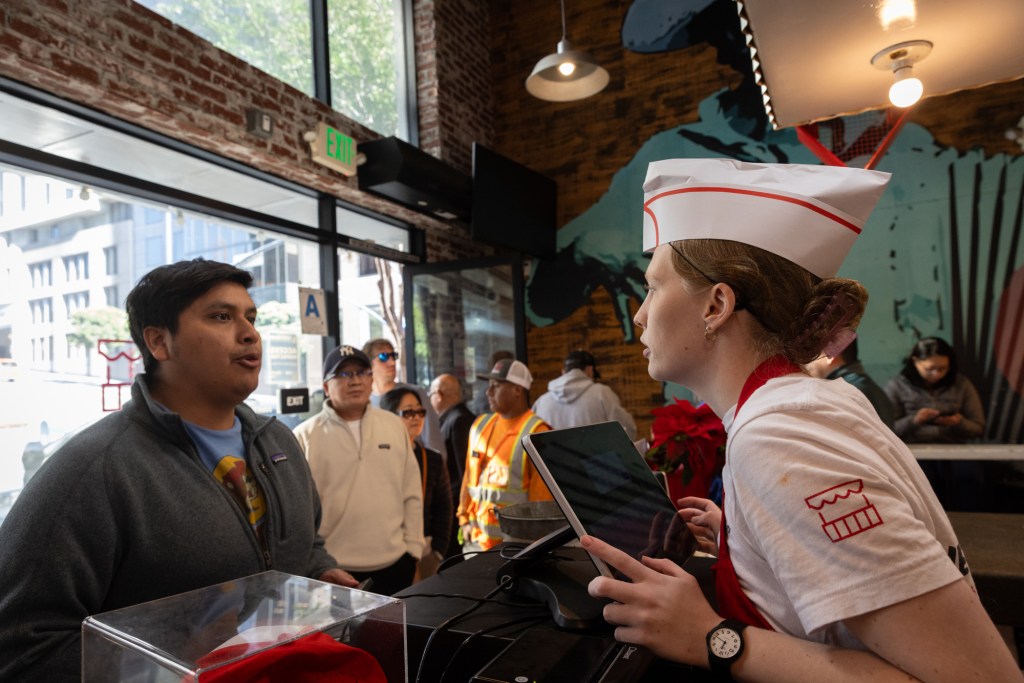
About a decade ago, Gov. Jerry Brown offered this defense of his signing a statewide $15 minimum wage into law: “Economically, minimum wages may not make sense. But morally, socially, and politically they make every sense because it binds the community together to make sure parents can take care of their kids.”
Brown put way too much faith into the power of minimum wage hikes to bind communities together. But he at least was honest about his understanding that government-imposed minimum wages don’t make sense economically.
If someone wants to hire someone for a given amount and there is someone willing to take them up on it, it shouldn’t be any business of the government to police what that amount is.
While the extent of economic distortion minimum wages cause is often mixed in the academic literature, when taken as a whole it is clear that minimum wages have many negative impacts.
A 2021 review of the relevant economic literature by researchers David Neumark and Peter Shirley published by the National Bureau of Economic Research concluded, “In its totality, this body of evidence and its conclusions point strongly toward negative effects of minimum wages on employment of less-skilled workers, especially for the types of studies that would be expected to reveal these negative employment effects most clearly.”
To assert that the economic literature hasn’t found this, the researcher noted, “requires discarding or ignoring most of the evidence.”
With all of this said, it is wholly unsurprising that a new report from the National Bureau of Economic Research, this time by Jeffrey Clemens, Olivia Edwards and Jonathan Meer finds that California’s fast food minimum wage hike destroyed 18,000 jobs.
Recall that in late 2023, Gov. Gavin Newsom signed Assembly Bill 1228 into law, which established a Fast Food Council and a $20 minimum wage for fast food workers beginning, appropriately, on April Fool’s Day 2024.
As we said of the bill at the time, “This is no way to help people. Markets based on consumer demand, not legislation and initiatives, should set wages. The controversy itself makes it more difficult, especially for locally owned mom-and-pop franchises, properly to run their businesses by increasing uncertainty.”
It’s no surprise that the California Legislature, in its desperation to serve union interests, destroyed jobs and made fast food even more expensive. It’s as though the Legislature didn’t consider the long-term impacts of its actions and only considered the short-term appeasement of special interests.
More often than not, the best thing the California Legislature could do is get out of the way of the private sector. The more they meddle, the more they scheme, the more they try to centrally plan, the worse things get.
Unfortunately, once government intervenes in the economy in this way, it is hard to pull back. The damage and distortion has been done. We can only hope that future legislators take this as a lesson to back off the next time they’re pressured to support higher minimum wages. They do more harm than good.



